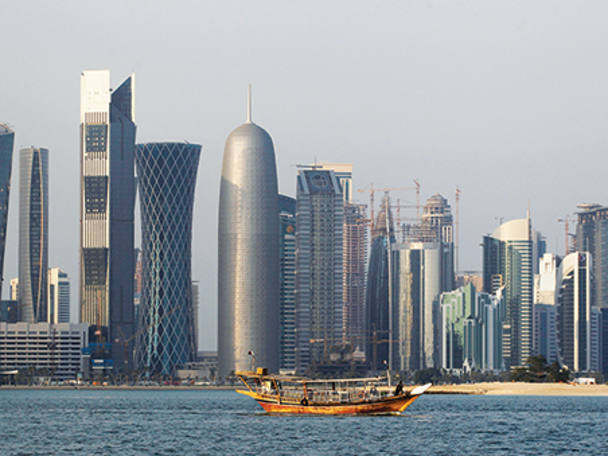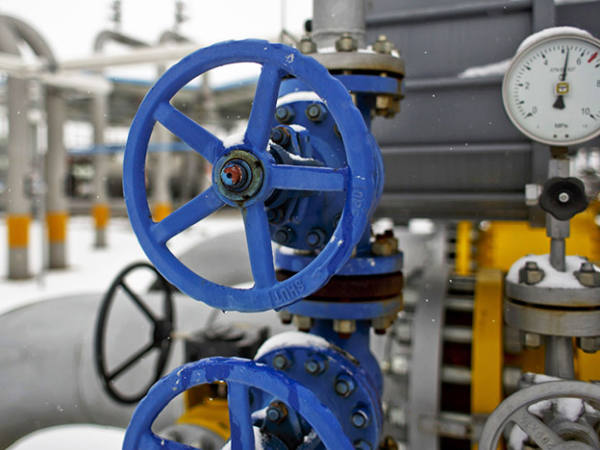Energy markets have a new geopolitical fissure to contend with. On Monday, Saudi Arabia, Egypt, Bahrain and the United Arab Emirates severed relations with Qatar in a co-ordinated move that regional commentators labelled the worst diplomatic crisis to hit the Gulf in decades. In allegations flatly denied by the small peninsula nation, the quartet - later followed by governments in Yemen, Libya and the Maldives - accused Qatar of supporting terrorism. The Arab states also severed all land, sea and air traffic routes with the country.
The development quickly rippled through commodity markets. Oil briefly rallied before selling off amid speculation that Opec's plan to freeze production and raise benchmark prices could be jeopardised. While a broader diplomatic conflagration could damage the already fragile deal, Qatar's pledge to cut production by just 30,000 barrels of oil a day (bpd) means its exit from the agreement would have a negligible impact on supply and prices.
However, the spat has meant crude tankers en route to or from the blockading states have been unable to dock or refuel at Qatar's ports, forcing shipping vessels to halt at sea or seek alternative routes. This dynamic is also apparent in the liquefied natural gas (LNG) market, in which Qatar is the world's leading exporter, although ExxonMobil (US:XOM) - which along with the Qatari state is a major operator in the gigantic North Field in the Persian Gulf - has reportedly seen no impact to its production or transport of LNG. Royal Dutch Shell (RDSB), which has significant refinery, producing and transport assets in Qatar, also has sufficient headroom in its global LNG portfolio to meet any long-term Gulf-bound contracts.








